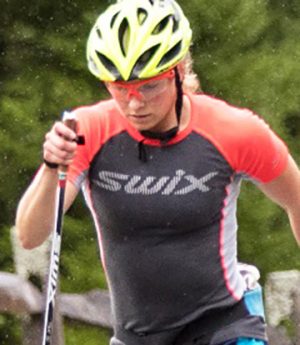The CAS arbitrators established that the process created by the IOC to establish an invitation list of Olympic Athletes from Russian (OAR) could not be described as a sanction but rather as an eligibility decision.
WADA welcomes the remark made by the CAS Panel that it was ‘faced with evaluating an unprecedented response to an extraordinary situation, that is, a state-sponsored doping scheme.’
WADA also welcomed the Panel’s remark that ‘It may be that non-sanctioned individual athletes, including the Applicants, are prevented from participating in the Olympic Games simply because they are citizens of a country that has been found to have engaged in a systemic manipulation of the anti-doping rules. However, in light of the IOC’s overall objective to balance the interests of clean athletes and the fight against doping against the interests of individual Russian athletes, the Panel concludes that any unfairness was a consequential effect of the suspension of the ROC and that the process was neither discriminatory nor unfair.’
WADA President Sir Craig Reedie said: “These decisions come as welcome news for WADA; as they will, for athletes and all others worldwide that care for clean sport and the integrity of the Games.”
“The timing of these decisions just before the opening ceremony in PyeongChang is good as it will reassure athletes and others that only Russian athletes, which have met strict anti-doping criteria will be participating in the Games.”
WADA’s Director of Intelligence and Investigations, Gunter Younger, who was a member of the IOC’s Invitation Review Panel (IRP), was acknowledged by CAS for his testimony about how the IRP established the criteria it applied in developing the invitation list and the methodology used.






![National camp action [P]...](https://skitrax.com/wp-content/uploads/2019/08/Duluth-4-2019-08-08-at-10.46.51-AM-300x246.png)
![Matt Liebsch on the CXC Elite Team [P] CXC...](https://skitrax.com/wp-content/uploads/2019/08/Matt-Liebsch-CXC.2-525x700.4-300x267.jpg)
![Dan LaBlanc [P]...](https://skitrax.com/wp-content/uploads/2019/08/Dan-LaBlanc-img_1855.3.jpg)

![[P] WADA](http://skitrax.com/wp-content/uploads/2014/08/WADA_logo-298x162.jpg)